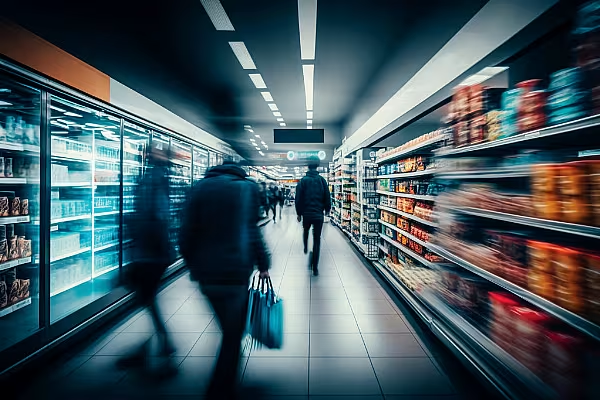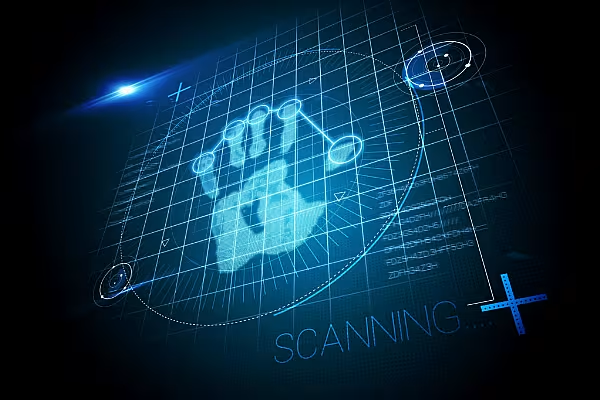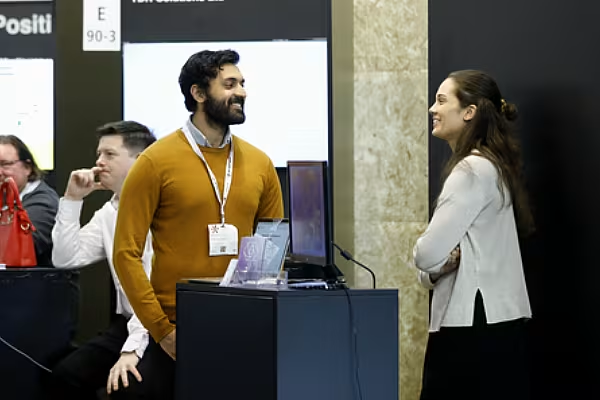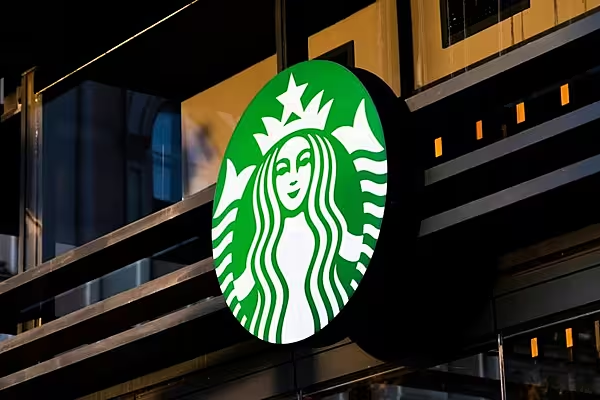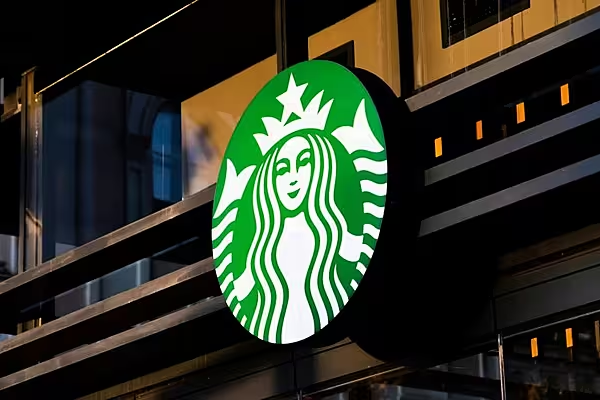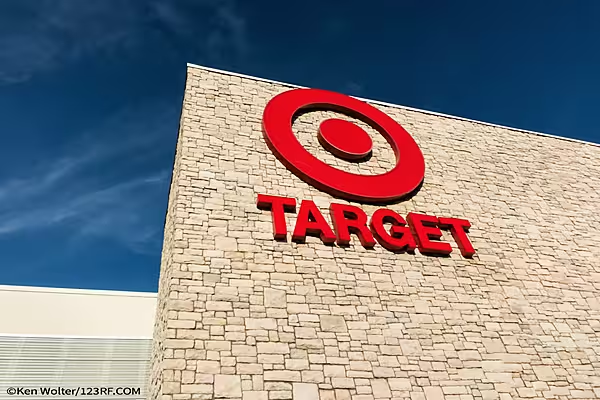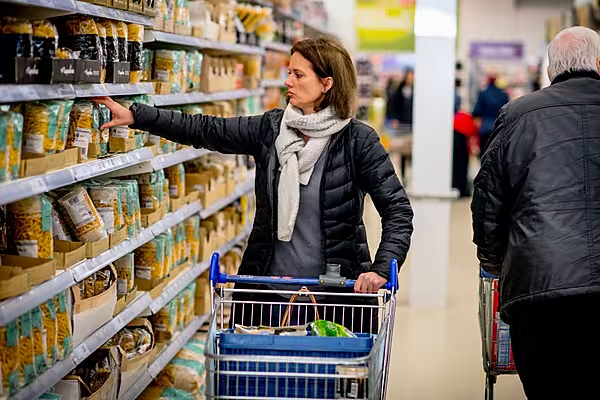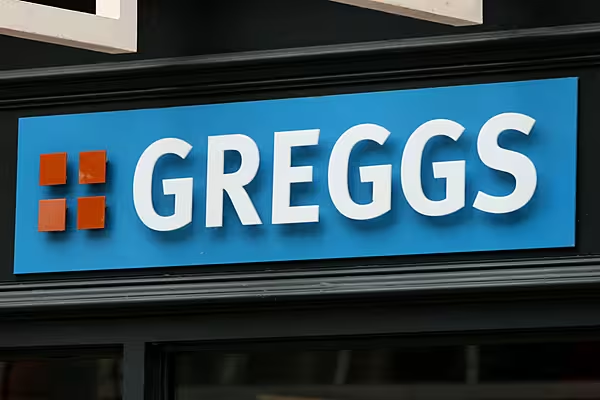As the new year gets under way, Dayeeta Das takes a look at the various tech innovations that European retailers have implemented across their businesses. This article first appeared in ESM January/February 2023.
The grocery retail sector has been at the forefront of adopting various technologies to offer better services and enhance its business, from supply chains to the store shelves and beyond.
From offering state-of-the-art store experiences to inventory management, last-mile delivery, sustainability measures, and reining in waste across the supply chain, the sector has seen the benefits of retail technology in a host of innovative ways.
ESM talks to three leading European retailers about the differences that these innovations have made to their operations.
Autonomous ALDI
Any discussion on the future of retail technology is incomplete without the mention of autonomous stores, with countless retailers embracing the concept of a seamless shopping experience.
Among the notable launches in this category in the past year, discounter ALDI Nord’s decision to open an autonomous test store in the Netherlands is an interesting one, as – predominantly – only mainstream retailers in Europe were seen to be experimenting with and expanding this format.
As Mareike Kleimann, project lead of ALDI Shop & Go at ALDI Einkauf SE & Co. oH, tells ESM, ALDI is constantly exploring ways to make shopping as easy as possible and optimise the customer experience and internal processes. It sees the Shop & Go technology as a learning system that supports exactly that.
“Computer vision is one of the top trends in technology,” says Kleimann. “Combined with machine learning and artificial intelligence, the new technology helps us to stick to the ALDI value of simplicity and the art of omission. It enables us to evaluate important metrics and to make data-driven decisions.”
The new Shop & Go outlet in Utrecht, which opened last July, features a different size, layout and assortment compared to a typical ALDI outlet. The retailer hopes to adapt the assortment in due course, based on technological advances, and optimise it in line with customer demand. The store was developed alongside AI infrastructure specialist Trigo Vision.
“Any technology we implement focuses on efficiency, standardisation and automation, as well as an optimisation of the customer experience,” says Kleimann. “We opened the store especially in order to test the new technology, hence the size of the store, layout and assortment, as well as our target ideas, vary from that of a typical ALDI store.”
The reaction received by the discounter was positive, with shoppers particularly appreciating the simplicity and speed of the seamless shopping experience, both for short errands of just a few items and for extensive weekly shopping, adds Luc Schepers, managing director of sales at ALDI Netherlands.
“They also like the fact that they can put items directly in their own bag and leave the store without any further payment process, while the intelligent technology takes care of the billing,” Schepers explains. “Shop & Go technology is a learning system, but it already offers a high level of accuracy, and the time taken to receive the receipt is also improving all the time.”
According to Schepers, in its current state of implementation, the technology mostly appeals to tech-savvy customers, as it is still necessary to use an app in order to shop at the Utrecht store. At the same time, overcoming these technology hurdles is a key focus for the retailer.
“In the future, we will continue to explore the expansion of payment options,” Schepers says. “On top of that, we are constantly evaluating and testing other measures to lower the entry barriers. We pay close attention to customer feedback and match it with what is currently possible, technologically, in order to improve.”
Increased Mobility
In November 2021, UK retailer Asda teamed up with GoodMaps, a provider of navigation services for people who are blind or visually impaired, on a trial initiative at its Stevenage store.
“We know that many blind and partially sighted people avoid the retail environment entirely – opting to shop online – because that environment can be a bit of a nightmare for the customer,” Kate Dalton, project manager of retail innovation at Asda, tells ESM.
“The pilot generated a lot of positive and emotive sentiments,” Dalton explains, with customer feedback garnered by the retailer stating, ‘This has allowed me shop independently for the first time,’ and ‘I no longer need to rely on my partner, mother, or son/daughter to help me complete a shop.’
As the retailer discovered, the service also had potential beyond its use by blind or partially sighted shoppers.
“It can also help people who find the store environment challenging or overwhelming, or people with social anxiety,” says Dalton, “or people who don’t have any of those issues, but also just want to find their way around the store.”
Encouraged by the response, Asda had added ten more stores to the GoodMaps app by September 2022, to help more customers avail of the service. These stores have also been receiving four- and five-star reviews, with some shoppers saying that they would be switching to the retailer because of this service.
The technology behind this initiative uses audio to guide users to the desired area in store. GoodMaps undertakes a physical scan of the store and uses camera technology to film where shoppers are walking around, so that the camera sees all of the products and all of the aisles, and all of the relevant information is built into an in-app map.
“It’s a really nice use of technology that taps into consumer insight,” says Dalton. “I feel like we are using our best knowledge, in terms of technology, and we are really meeting a customer need. On the back of the latest launch, in September, we reached over a million people online via social-media channels, PR, influencers, and organisations like the Royal National Institute of Blind People – RNIB.”
Smart Supply Chains
When it comes to the use of alternative energy sources, the retail sector saw some interesting developments in 2022, including a novel approach to fleet optimisation at Belgian retailer Delhaize.
The Ahold Delhaize-owned retailer is conducting trials on various technologies for its delivery fleet, as it strives to meet environmental targets set out by the Belgian government. One such trial was the use of dual-fuel hydrogen trucks for transporting goods from its distribution centre in Zellik to supermarkets in the Antwerp region, in association with Van Moer Logistics.
“We very much believe that the use of multiple technologies will be the answer to the green question,” Dirk Hautekeete, transport director at Delhaize Belgium, tells ESM. “We think multiple solutions can be used – from electricity for smaller vans, hydrogen for city distribution, as well as dual-fuel solutions.”
The company believes that dual-fuel technology, such as an electric-diesel hybrid solution, could help with long-haul transport and logistics, ensuring significant emission reductions.
“We have to act clever – the first thing to look into is optimising our transport network and doing things much better, particularly given everything that is there in terms of European legislation, new rules around green emissions, and forthcoming 2030 targets,” says Hautekeete.
“We know a lot of communities are planning regulation on emission zones – Brussels, Antwerp and Ghent already have them, and a lot of cities are going to follow. For all retailers, this is going to be a very big topic.”
© 2023 European Supermarket Magazine – your source for the latest Technology news. Article by Dayeeta Das. Click subscribe to sign up to ESM: European Supermarket Magazine.



